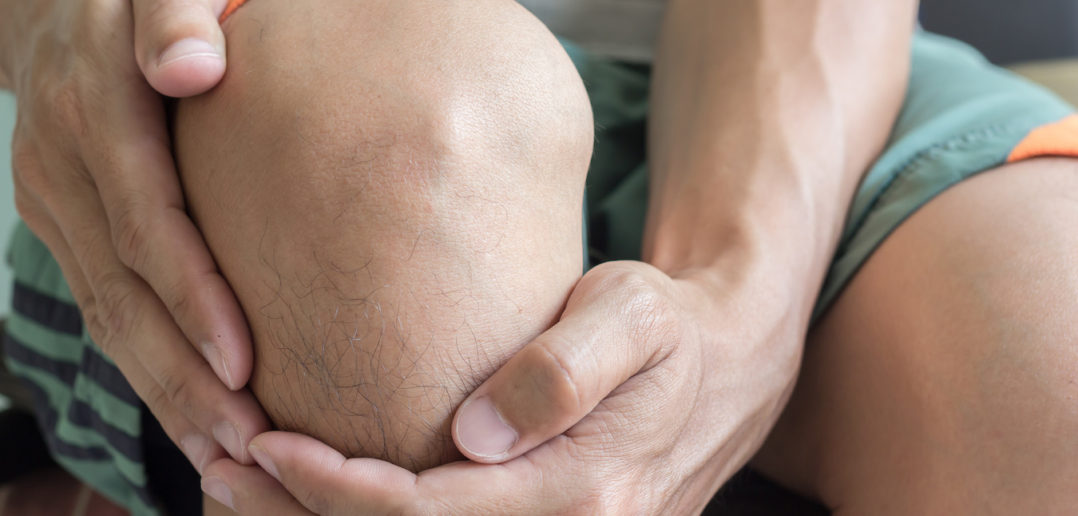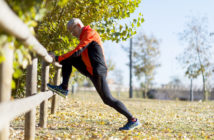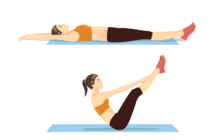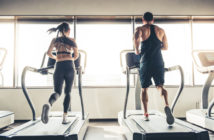If you play sport competitively, injury aside, one day in the future you’ll find it will never be the same again as your knee and other joints struggle to recover or simply cannot cope with the impact.
Sadly it happens to us all. A recent State of Musculoskeletal Health 2018 report from Arthritis Research UK states that one in five people over 45 will suffer from constant knee pain. The report claims that the modern obsession with endurance challenges and intense exercise is causing our joints to wear out quicker than they have in the past.
The cause is fairly simple. Osteoarthritis is a degenerative condition brought on by wear and tear, where the protective cartilage that covers the ends of the bones thins over time, bones thicken and you feel the movement in the joints. And it doesn’t just apply to the ageing population. If you’re overweight, this places far more stress on your knee joints meaning they overwork and you feel pain as a result.
Problem is, if you don’t do something about it, the pain will only get worse. As the damage continues, surgery becomes the only option. The report states that in the UK alone, the NHS National Joint Registry performed a staggering 108,713 operations where they had knee replacement (or revision) surgery in 2016-2017 alone, which is 4000 up on 2015-2016.
In Australia, the Royal College of General Practitioners has decided to try and do something about it and offer advice on what you can do to help alleviate your knee joint pain and reduce joint issues. Supplements and similar treatments do not work with Philip Conaghan stating that “people with knee pain want hope and these products and therapies are amazingly appealing, but often a waste of time and money”.
What did the Royal Australia College of General Practitioners conclude works and doesn’t work?
Glucosamine/Chrondrotin Supplements. Avoid. “There’s no evidence that either are effective” Conaghan says.
Acupuncture. Avoid.
Vitamin D supplements. Avoid. “There may be reasons to take vitamin D supplements, but knee osteoarthritis is not one of them”.
Ibruprofen. Yes, but only short-term. “In doses of 200-400mg it works by temporarily reducing pain and inflammation”.
Steroid Injections. Possibly, but only short-term. “Corticosteroids can reduce painful swelling, but we are talking a matter of weeks, not months”.
Keyhole Surgery. Possibly. “As it allows surgeons to repair or remove damaged cartilage”.
Knee Braces. Yes. “Opt for a cheap neoprene one, which will help to improve sensory feedback and keeps the knee warm for some benefit”.
Lunges & Squats. Yes. Strengthen the quadriceps muscles in the front of your thighs. “It will lead to a 30 to 40 per cent improvement, which is far better than you would hope to get with pills and therapies”.
Weight Loss. Yes. “Shedding 5 to 10 per cent of your weight has been shown to be beneficial for obese people with knee pain”.
So, apart from losing weight, one solution is to train your legs and improve the muscle definition. It’s worth referring to our Kettlebell Lower Body and TRX Lower Body workouts for some examples of what you can do to improve your knees. Start with some bodyweight step-ups, squats, wall sits and lunges, build strength and then add a weight and repeat.




